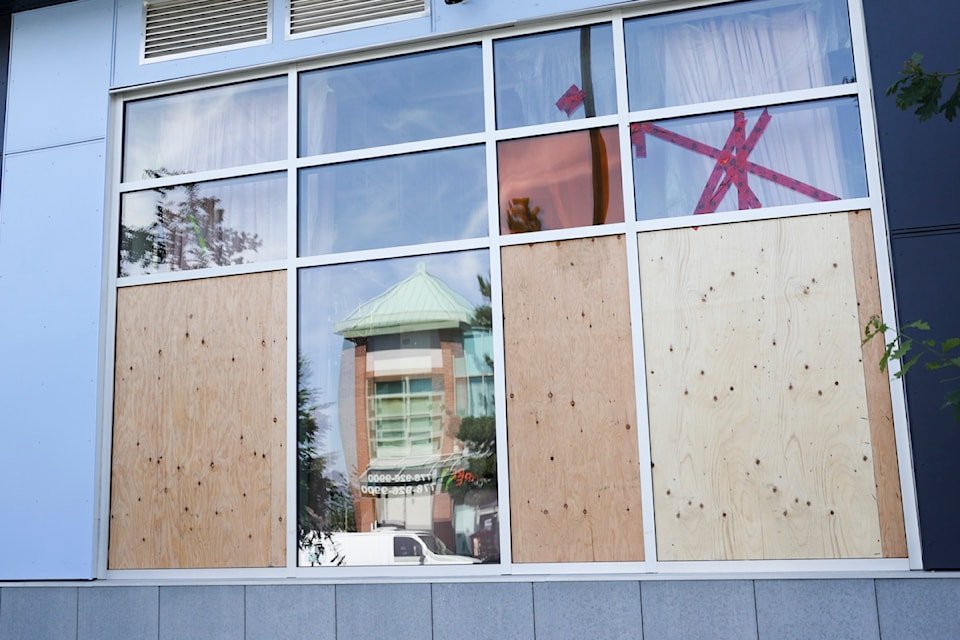The ongoing Surrey extortion crisis has drawn strong criticism from B.C.’s opposition. On Thursday, July 31, Steve Kooner, MLA for Richmond–Queensborough and opposition critic for the Attorney General, accused the provincial government of ignoring the severity of the issue.
Kooner pointed to the July 17 mandate letters for Attorney General Niki Sharma and new Public Safety Minister Nina Krieger. He noted that neither letter mentions the word “extortion,” despite the recent wave of related crimes in Surrey.
Kooner said this is not just an oversight, but an insult to the communities affected. “These letters are supposed to reflect government priorities,” he said. “Extortion doesn’t get a single mention. That says everything about this government’s approach.”
The Surrey extortion crisis has mainly impacted the city’s South Asian community. Local leaders and residents have raised concerns about safety as threats and demands for money have increased.
As of July 29, the Surrey Police Service reported 26 extortion cases. However, not all cases are recent. Some go back weeks or months, according to police media officer Sgt. Tige Pollock.
Pollock said that increased community outreach, public forums, and extra support from the province have helped more victims come forward. This includes more people reporting to Crime Stoppers.
Kooner acknowledged these efforts. He praised the work done by police, Crime Stoppers, and even private citizens who helped organize the community. He said trust is building and victims are starting to speak out. “Everyone’s doing their part,” he said. “Everyone except the province.”
Krieger’s mandate letter, while not naming extortion, does include a promise to strengthen targeted policing. This includes better cooperation between police, prosecutors, and the federal government to reduce repeat, violent, and gang-related crimes.
In an emailed statement, Krieger said the province is doing all it can to support police and end the threats. She pointed to a $100,000 grant announced on June 26 for BC Crime Stoppers. This money is funding a 60-day public campaign in English and Punjabi. The campaign uses social media, radio, and newspapers to raise awareness about extortion.
Krieger also said the province is investing more than $100 million every year to fight organized crime. This includes support for special police units and intelligence programs that focus on gang activity.
She highlighted recent arrests in the case. On July 3, two men were arrested in Surrey as part of an ongoing investigation. Krieger thanked the provincial and federal RCMP, the Abbotsford Police, and the Surrey Police Service for working together.
“These arrests show how serious this issue is. Law enforcement is sharing resources and building strong cases to stop the people behind these crimes,” Krieger said.
She urged anyone who has been targeted to report it. Crime Stoppers and police are available to help, and there are supports in place for victims.
Krieger also stressed that extortion is not only a local issue. “This is a global crime,” she said. Police at all levels are working together—locally, across Canada, and with international partners.
She added that this should not be a political debate. Instead, all parties should work together to support police and protect communities from threats.
The Surrey extortion crisis continues to raise fear and concern, but also sparks calls for unity and stronger government response.

